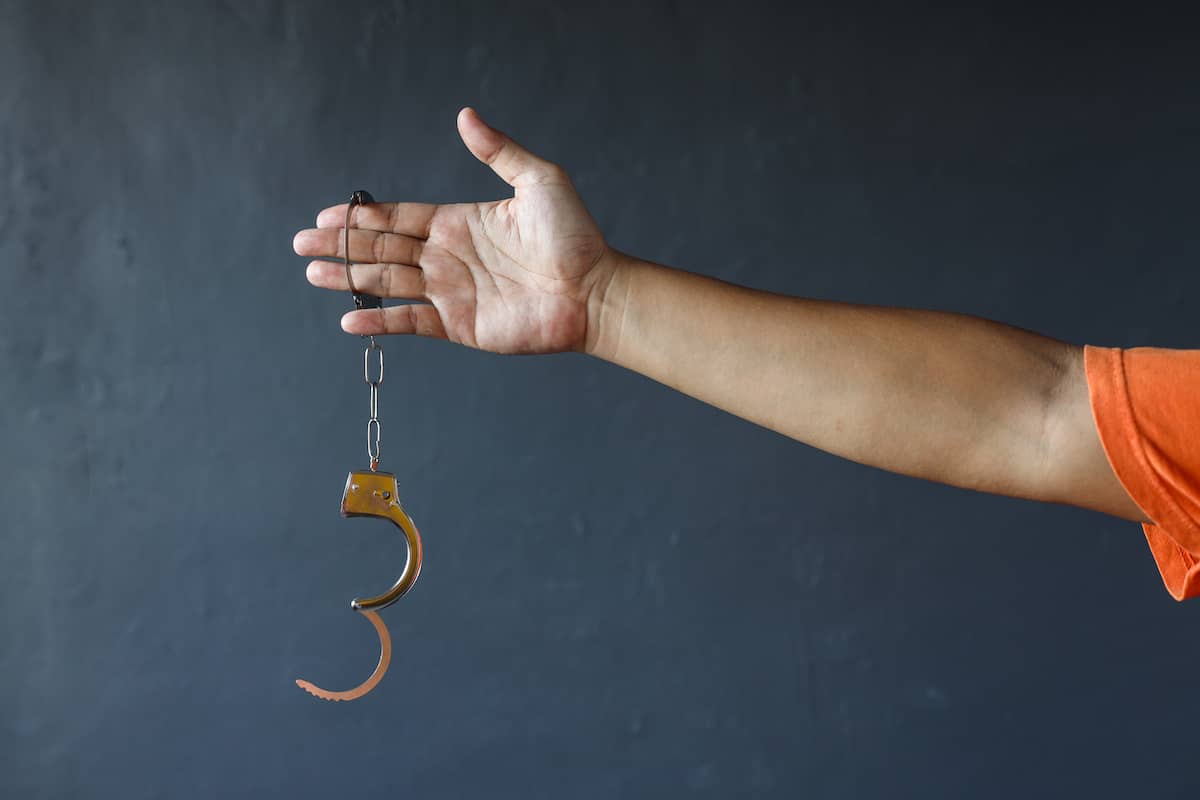
When you get arrested for an offense, Texas’s law allows you to pay a refundable sum of money to regain your freedom until proven guilty. This process is known as bail and below you will find a sneak peek at how bail works in Texas.
This post will delve into the nitty-gritty of Texas’ bail system to help you know where to start when authorities arrest you for an alleged offense.
How Does the Bail System Work in Texas?

Wondering how bail works? Texas’ bail system has one purpose — to ensure defendants attend trial sessions faithfully while leading a
normal life outside jail. To secure their freedom, defendants pay a refundable amount which serves to secure a loan for the full bail amount.
Defendants qualify for bail after a court hearing session, which happens within 48 to 72 hours after getting booked for a crime. During the initial hearing, a magistrate examines the case, determines the amount to be posted, and sets conditions for the bail.
When the court makes a final ruling, the defendants get back the bail amount minus administrative charges. The court seizes the bail if the defendant misses trial sessions without a valid reason or breaks bond conditions.
How Much is a Bail Bond?
The bail amount depends on the purported offense. For instance, if you are accused of a capital felony, which is one of the most severe crimes in Texas, you will likely have to pay a higher bail amount than those charged with misdemeanors.
Besides the severity of an offense, the bail amount depends on the defendant’s past criminal record and the likelihood of committing additional crimes or fleeing before the eventual trial. People with a high flight risk and extensive criminal records often get a high bail with stringent conditions.
Roughly, the amount set as bail should be enough to cover fines, debts, and other penalties if the defendant is found guilty. If you feel the bail amount is unreasonably high, you can also negotiate for a lower bail amount through your criminal defense lawyer.
When Do I Get the Bail Money Back?
You get your bail money back, minus administrative costs, after making all of your court appearances. If you skip scheduled appearances or do not comply with other bond conditions, you will forfeit the cash.
Assuming you qualify for a refund, you can initiate the refund process by filling out the “Return of Cash Bail Form,” a request form offered by the court clerks. After securing the form, fill it out and hand it back to the clerks.
In addition to the refund form, attach the original cash bond receipt issued when you were bailed out. If you misplaced the receipt, attach an “Affidavit to Request Cash Bond Refund,” which is a document issued by the court.
Upon making a successful claim, you get the bail amount within 15 business days in the form of a check. The process might take longer if you provide the wrong details when filling out the refund forms — it matters to get the process right before submitting the forms.
How Do I Bail Someone Out of Jail (in Texas)?
Bailing someone out after a bail hearing in Texas is straightforward. You are only required to post the bail in the jail where the defendant is incarcerated and provide the identification information required. The following ideas will move you through the bailing-out process more efficiently:
Identify the Facility Where They Are Jailed
If the defendant is charged with class C misdemeanors (such as disorderly conduct or unpaid traffic tickets), they will probably be held in a local county jail. For severe charges like felonies, the defendant could be held in a state jail.
Locating the defendant should not be an issue, since you can use the inmate reporting system.
Post the Bail Amount
After discovering where the defendant is incarcerated, post the court-determined amount with cash or a credit card. Note that the jail cannot release the defendant without paying the total amount determined in court.
If you cannot raise the total amount, there are financing options, such as bond agencies, securing a surety to top up the deficit, or requesting the criminal attorney handling the case to negotiate for a payment plan in Texas court.
Provide the Defendant’s Details
In addition to posting the full bail amount, get ready to provide the defendant’s official name, warrant number, date of birth, and the four-digit code of the city in which the bond is owed. The jail releases the defendant once you pay and provide the necessary details.
How Does Bail Get Posted in Texas?
In Texas, bail can be posted as a cash bond, property bond, or bail bond. Though all three types of bonds serve a similar role, they are entirely different. Here is a brief overview that will help you understand how each type of bond works:
Cash Bond
In the cash bond, the defendant settles the entire bail amount with their own money. It is suitable for defendants who can afford to pay cash on short notice without engaging a bondsman or scouting for a surety.
Bail Bond
If the defendant cannot raise the bail amount by themselves, they can request a third party, legally known as a surety, to chip in. Often the surety is a licensed bondsman who specializes in settling the bail as a business. The bondsman charges a fee of around 10-15 percent of the bond as profit.
For instance, if the defendant’s bail is set at $50,000, and the bondsman charges 10 percent as a bond premium, the defendant pays $5,000 to the bondsman. Afterward, the bondsman posts the $50,000 bail, which they get back at the end of the lawsuit.
Property Bond
If the defendant can neither pay a cash bond nor find a surety, a property bond would be the next best option. In this type of bond, the court allows the defendant to secure their freedom using properties like a vacation home, real estate, or personal home located within the state of Texas.
Like money, the court confiscates the property if the defendant fails to appear for trial, flees the jurisdiction, commits another offense, or breaks any other bond condition.
Your Criminal Defense or DWI Attorney Should Offer Help
Getting bail after an alleged offense can be a complex process. You must prove that you will attend court sessions as required, negotiate for a lower bail, or find a surety to bail you out in case you cannot raise the set bail amount.
Whatever the challenges, a criminal defense or DWI attorney can help you navigate the process smoothly. Since the attorneys have a firm grasp of how bail works in Texas, they help negotiate for a lower bond, convince the court that you deserve bail, or direct you to a reputable bond agency. Some attorneys might even have a program or payment plan to help with bail.
